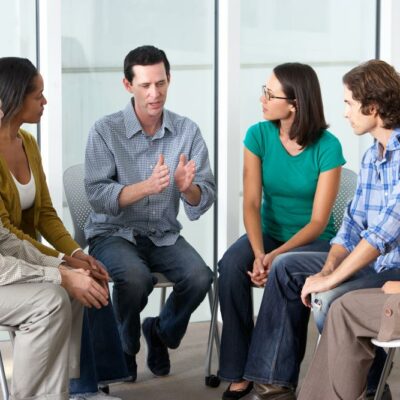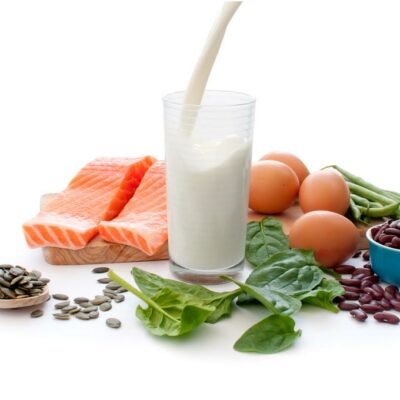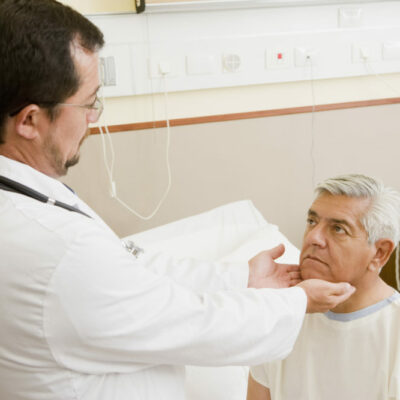
Health
6 Benefits Of Equine Therapy On Drug And Alcohol Rehabilitation
While drug and alcohol rehabilitation centers often offer a consistent goal when it comes to teaching patients how to live a sober lifestyle, the actual rehab settings can range greatly in atmosphere. For instance, some rehab centers offer patients a resort spa setting focused on massage therapy, yoga, meditation, and other forms of self care. While others offer the support of human therapists as well as four-legged friends, offering rehab as part of an equine therapy program that teaches patients how to care for horses as well as themselves. Equine therapy utilizes the use of horses in a therapeutic, rehabilitation setting. Even though working and caring for horses is just a minor focus in this type of treatment facility, equine therapy has shown these benefits when it comes to helping addicted individuals gain control over their lives, especially when other types of rehab treatments have proved unsuccessful: 1. It’s about building connections Equine therapy rehab programs usually allow patients to spend time with a horse for a certain period of time each day while ongoing work continues with addiction counselors and therapists. In both cases it’s about building relationships—with the horse, the counsellors, the therapists, and fellow patients. This bonding and communicating with another living thing helps foster respect, for the animal and themselves, which can greatly sooth withdrawal symptoms from substance abuse.
Read More 















